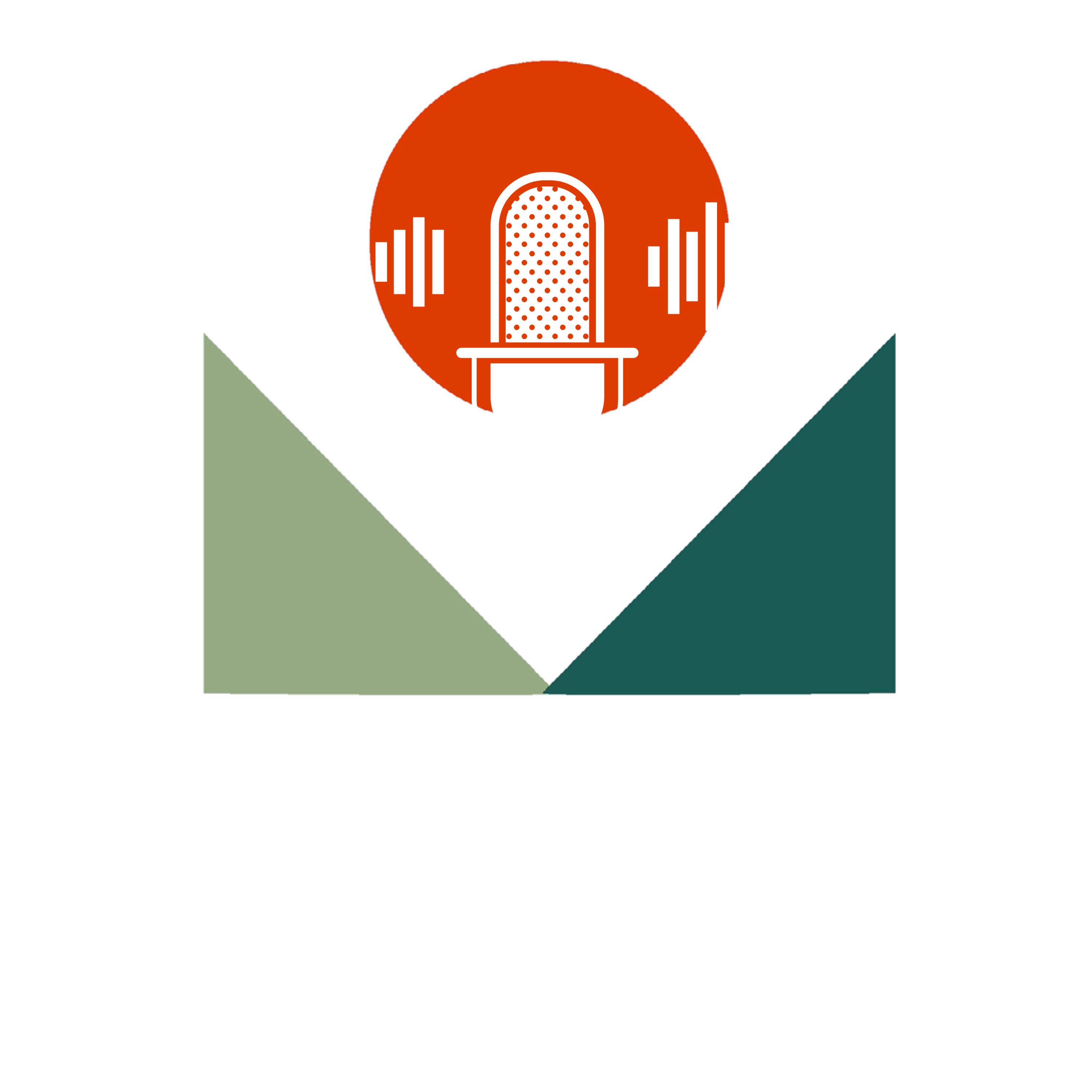
The Wilkes Center Podcast
Conversations about transformative research happening in the fields of climate science and policy at the University of Utah.
From new renewable energy technologies and other potential solutions, to improved forecasting tools, to enhanced understanding of ecological, health, or community impacts, it’s hard to keep up with all of the climate change research and innovation now happening across the U. Talking Climate brings University of Utah climate change researchers and their work into focus. Talking Climate is hosted and produced by Ross Chambless, Community Engagement Manager for the Wilkes Center.
When it comes to climate change, one big question is how are ecosystems adapting to shifting weather patterns, heavier precipitation events, and hotter temperatures for longer periods of time? Are...
The Wilkes Center recently hosted its 3rd annual climate solutions hackathon at the end of January. This year the focus was water resources. The “hackathon” as we’ve come to call...
Perovskites are crystal structures that can be manufactured in labs for making solar panels. They are relatively cost-effective, and efficient, and could provide a reliable thin-film alternative to the more...
There are an estimated 54,000 glaciers in the Hindu Kush Himalayas. These glaciers cover 60,000 square kilometers and serve as a major source of the water in the region’s rivers,...
It’s true the Earth has experienced periods of global warming in its past. The largest such warming event in the past 90 million years - since the time dinosaurs roamed...
"Eco-anxiety" or "Climate grief" are increasingly part of our lexicon when it comes to describing the heavy feelings of concern people are feeling about the state of our natural environment...
Dr. Jon Wang, an Assistant Professor in the School of Biological Sciences here at the U, manages the Dynamic Carbon and Ecosystems Lab, or DYCE Lab. He has access to...
In September this year, the Wilkes Center for Climate Science and Policy awarded Applied Carbon, the climate tech company based in Houston, Texas, the $500,000 Wilkes Climate Launch Prize. Applied...
Austin Green is a postdoctoral researcher in the Department of Biology with the College of Science’s Science Research Initiative, or SRI program. His specialty is using camera traps to monitor...
If you’ve taken a hike or a drive through northern Utah’s forests recently, you may have noticed that some areas of the forests are changing and looking a little sick. ...
For this episode we talk with Dr. Marie Jackson a Research Professor in the Geology & Geophysics department here at the University of Utah. Dr. Jackson’s work is centered in mineralogy,...
Zoe Exelbert studies birds at the Great Salt Lake. Specifically, she’s interested in how climate change and shifting weather patterns are affecting bird migrations and in turn, how this is...
The new Climate of Hope exhibit at the Natural History Museum of Utah offers museum visitors a more localized and solutions-oriented framing of climate change than other exhibits have done...
For this episode we talk with Dr. Alexandra Ponette-Gonzalez, an Associate Professor in the Department of City and Metropolitan Planning and Curator of Urban ecology at the Natural History Museum...
The Wilkes Center held its second annual Climate Solutions Hackathon on January 26th. This was not a coding “hackathon” but a competition to find innovative solutions to the daunting challenges...
Listeners to the podcast are very likely familiar with the concept of carbon offsetting or carbon credits. This is the idea that a company that pollutes in the course of...
One of the many challenges facing the world in the coming decades to reach carbon neutrality - in order for climate change to stabilize – is the challenge of both...
Understanding how volatile organic compounds (VOCs) that originate from living organisms like trees and plants could influence climate change and air pollution is an important area of research. Recently I...
What does it take for whole cities to take the actions necessary to adapt to a changing climate? What is required for millions of people who live in the same...
As scientists, policymakers, and other environmentally-concerned individuals search for solutions to the changing climate, glaciers are an important topic. With the ability to both study glaciers in their current states,...
For the world to meet the goal of the 2015 Paris climate agreement to hold “the increase in the global average temperature to well below 2°C above pre-industrial levels” by...
Ricardo Rubio grew up in the borderlands region of southwestern Texas where he came to recognize the challenges and vulnerabilities that communities like his increasingly face because of the compounded...
Nicholas Witham, a fifth-year biomedical engineering Ph.D. student at the U, won first place in the Wilkes Student Innovation Prize competition in May 2023 for his proposal titled, "Renewable Energy...
In continuing our conversations with the winners of the 2023 Wilkes Student Innovation Prize, we spoke with Samantha Eddy and Xiang Huo, whose proposal: “Decarbonize the Diné: A Prefabricated Solar-Driven...
In a continuation of the 2023 Wilkes Student Innovation Prize winner interviews, Audri Dara joins us to speak about her idea to improve ridership of the public transit system at...